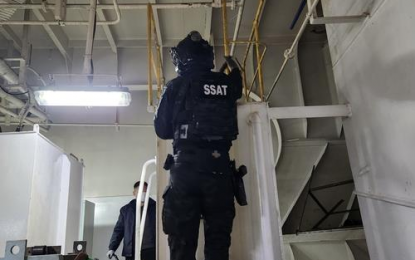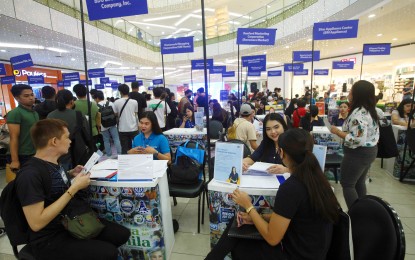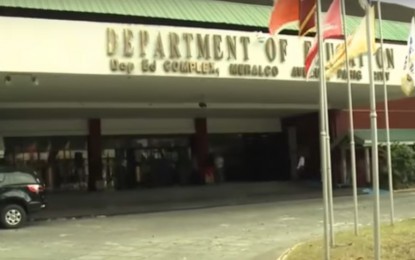Now Reading: DFA: Investigation Ongoing on Filipino-Manned Ship Carrying Cocaine in South Korea
-
01
DFA: Investigation Ongoing on Filipino-Manned Ship Carrying Cocaine in South Korea
DFA: Investigation Ongoing on Filipino-Manned Ship Carrying Cocaine in South Korea

The Department of Foreign Affairs (DFA) confirmed that South Korean authorities are actively investigating a Norwegian-flagged cargo ship, M/V Lunita, intercepted for transporting approximately two tons of suspected cocaine. The vessel, crewed primarily by Filipino nationals, remains docked at Okgye Port in Gangneung, Gangwon Province, following a joint raid conducted by the Korea Coast Guard and Korea Customs Service, triggered by intelligence from the U.S. Federal Bureau of Investigation (FBI).
Foreign Affairs Undersecretary Eduardo Jose De Vega clarified in a recent briefing that, despite ongoing investigations, Filipino crew members are currently not detained but remain onboard the vessel. Authorities are conducting interrogations to establish potential involvement in drug trafficking activities.
Investigation Details and Potential Legal Implications
De Vega stressed, “The South Koreans are still investigating, and if there’s a determination of probable cause that the crew was responsible for trafficking drugs, they will likely face charges and detention.” As of now, the crew members retain their freedom but are restricted to the vessel for investigative purposes.
Local media reports indicated the discovery of 57 boxes of the suspected cocaine aboard the ship during the operation on April 2, highlighting significant international collaboration in drug enforcement operations.
Legal Representation and DFA Support
The ship’s owner has already secured legal representation for the Filipino crew, demonstrating prompt measures to support their legal rights and interests. Additionally, the DFA remains ready to provide further legal assistance, coordinated by the Department of Migrant Workers (DMW), if required.
“We are closely monitoring the situation and ready to step in as needed to ensure the rights and welfare of our nationals are protected,” De Vega added.
Awaiting Further Developments
The DFA awaits comprehensive reports from the Philippine Embassies in Seoul and Oslo to further assess the case’s full context and implications. These diplomatic communications are critical in shaping the Philippine government’s subsequent steps in addressing this international incident.
This case underscores the complexities involved in international maritime drug enforcement and highlights ongoing collaborative efforts between national authorities to combat global drug trafficking networks.aiting the official report from the Philippine Embassies in Seoul and Oslo to further assess the situation.



























